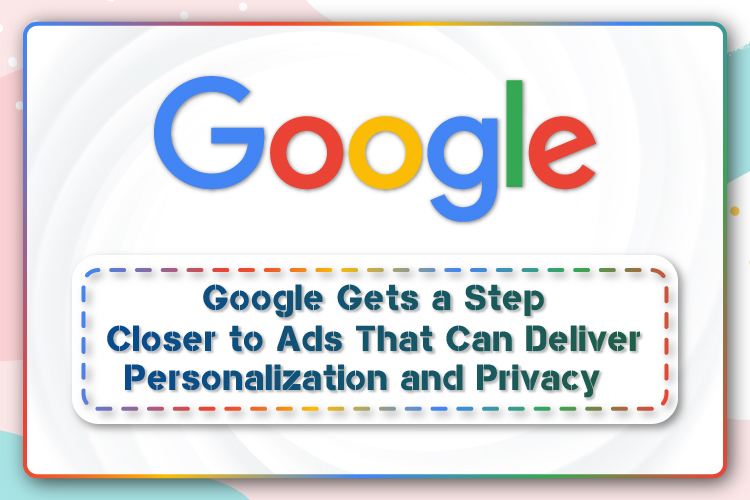Google Gets a Step Closer to Ads That Can Deliver Personalization and Privacy

After Apple Safari and Mozilla Firefox blocked all third-party cookies, the search engine giant Google, following their lead, also announced to end the third-party cookies support in Google Chrome by the year 2022. At the same time, Google also promoted its Privacy Sandbox initiative, which aims to make the web experience more ‘privacy-friendly’ for the users and develop ways of targeting the audiences that do not depend on individual device IDs and cross-site tracking, offering personalization along with anonymity.
Using Group Targeting As An Alternative Approach
Taking a significant step, recently, Google unveiled the discoveries of an initial study that tested the use of cohorts – groups of audiences with similar web history and interests. Based on these cohorts, instead of getting targeted individually, users might be targeted together. With this study, Google demonstrated that targeting interest-based cohorts will be more beneficial and give better results compared to targeting random groups of users.
Assembling Cohorts
Assembling users into groups supposedly protects their privacy, but there is a potential compromise in terms of marketing accuracy. Think of it like this; the more users are assigned to a cohort, the harder it’ll be to extract individual user behavior. However, a vast cohort will probably have a diverse group of users, which will make it tough to utilize this information for personalization purposes for refined ads. Therefore, a successful cohort has to be made by clustering a large number of users who share a similar interest.
Users will be allotted to cohorts on the basis of their web browsing behavior. The main challenge this brings forth is building groups that are large enough (for privacy concerns) but not sketchy – so how many common touchpoints will be needed exactly to make a cohort relevant and successful?
Apart from these discoveries, the company said that the results are very favorable and positive while warning that it is still very early in the process.
Why Do We Care
Even though it is just the beginning of the whole process and nobody can say anything for sure, the study displays advanced proof of this concept that delivering personalization and privacy together is possible in the post-cookie world. However, before this can be introduced in the market, there is a lot of work that Google and others in the industry still need to do.
Conclusion
The digital advertising industry has been promoting one-to-one personalization for many years. Now we are heading towards a world without third-party cookies and more opt-in user privacy regulations. And there is no denying that Google’s recent study shows a favorable settlement for the whole personalization-privacy predicament. Perhaps it’s indeed the time for another digital evolution.
